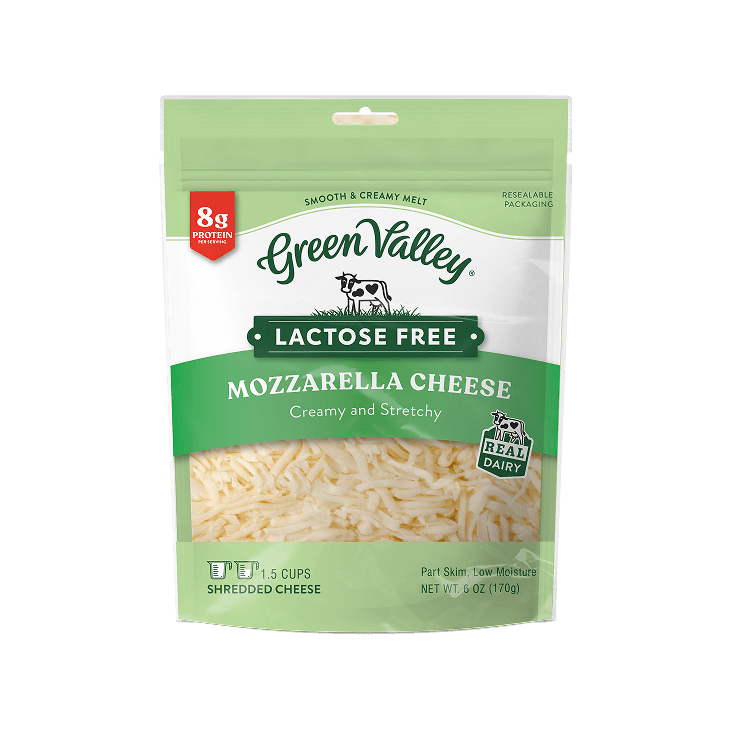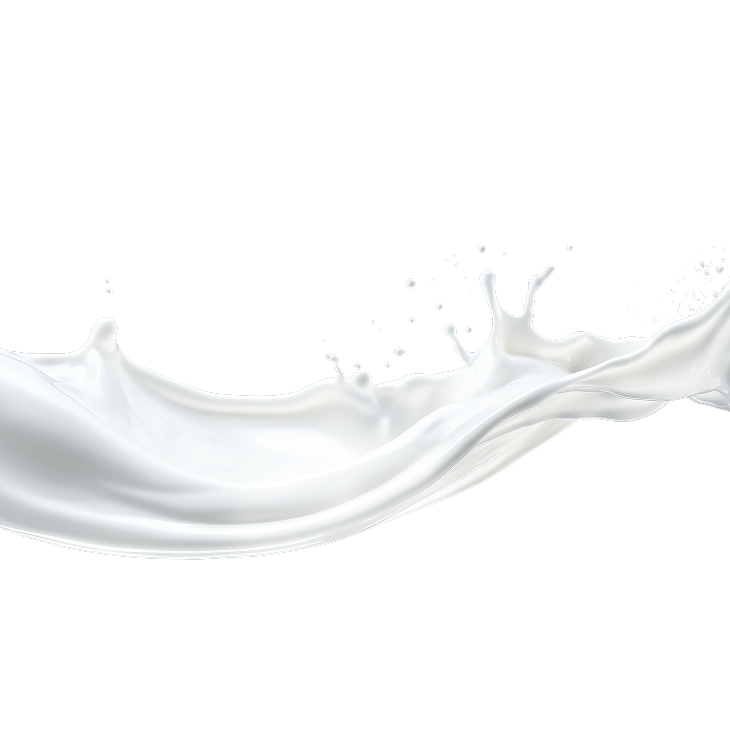
What is Lactose Intolerance?
Lactose intolerance means the inability to break down naturally-occurring milk sugar, lactose, into its component parts to be absorbed. Lactose consists of two sugar molecules that are bound together, glucose and galactose. Lactose intolerance results from insufficient production of lactase enzyme, whose job it is to split apart these two component sugars of lactose so that they can be properly absorbed in the small intestine.
As a result, lactose intolerance is sometimes also referred to as “lactose malabsorption” or “lactase non-persistence,” meaning that the body’s ability to produce lactase enzyme has not persisted into adolescence or adulthood. Except in extremely rare cases, all humans are born with the ability to produce lactase; a human infant’s survival depends on the ability to digest and absorb its mother’s milk, after all. However, many people lose the ability to digest lactose. In fact, an estimated 30-50 million American adults are lactose intolerant.
Symptoms of Lactose Intolerance
According to the Cleveland Clinic, symptoms of lactose intolerance can include nausea, diarrhea, abdominal cramping and gas. Cramping, pain and diarrhea are often the result of excess water being drawn into the bowel through osmosis when a large load of undigested sugar (lactose) arrives there. Gas is the result of unabsorbed lactose arriving in the colon (large intestine), which is home to trillions of bacteria. These bacteria feed on carbohydrates, including undigested lactose, in a process called fermentation. One byproduct of bacterial fermentation is the production of gas, which although harmless, can be physically uncomfortable…and at times, socially awkward.
While the symptoms of lactose intolerance are certainly unpleasant, they also may affect people’s health by reducing the intake of important nutrients like calcium and vitamin D. Importantly, lactose intolerance is NOT the same thing as an “allergy” to milk or dairy products. Allergies are an immune system reaction to the protein in an offending food and can cause serious, even life threatening, symptoms. Lactose intolerance is an uncomfortable but harmless digestive reaction to a sugar in foods made from milk that does not involve the immune system whereas milk allergy is the result of exposure to milk protein.













